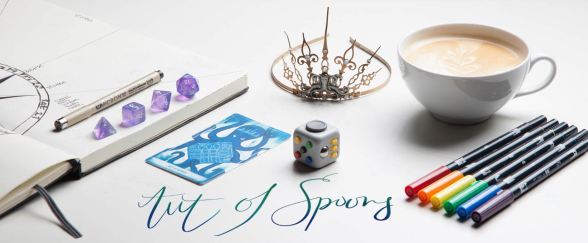One year ago Niki died. You may not know Niki. I wish you had. She was loud, smart, thoughtful, funny, and very, very ill.
She was physically ill and mentally ill. She was the kind of mentally ill that makes people look away, or say “Oh, THAT kind?” She was the kind of mentally ill that people sweep under the rug. She was the kind of mentally ill that doesn’t get services and doesn’t get PSAs and doesn’t get sympathy. She was the kind of mentally ill that makes service providers label you “resistant to treatment” or even avoid giving you a diagnosis because there’s too much stigma.
She was the kind of mentally ill that people bring up after shootings. In fact she was the kind of mentally ill that people are starting to talk about right now, after this very shooting, to explain how someone could be so violent.
And one year ago Niki died.
Niki died because she was the kind of ill that doesn’t get noticed, that doesn’t get services, that doesn’t get support. She died because she could not access disability services. She died because no one wanted to recognize that the people most likely to be hurt by someone who is mentally ill is the person themself.
All of you want to talk about mental illness. Let’s talk about the real violence that is associated with mental illness. Let’s talk about how this society is saturated with ableist cruelty that enacts violence, pain, and suffering on the mentally ill every day and ends in deaths like Niki’s every day.
I see you all talking about how we need better mental health care now that your comfortable neurotypical lives have been disrupted. I see your silence when people die of suicide. I see the way you blame us. I see your silence when funding for our services is on the table, and I see your silence when we want to talk openly about our lives and our struggles. I see you calling us dramatic, mocking us for asking for trigger warnings, ignoring our calls for help and support. I see you ignoring mental health parity in health care legislation.
And I SEE YOU only bringing up mental health care now. Now, when you can blame us. Now, when you need a way to understand violence that says “it’s over there. it doesn’t belong to me. It’s people like them. I am not responsible”
You want to say that it’s people like Niki. People like me. People with personality disorders, or “severe mental illness.” We are the violent ones.
Well guess the fuck what? You have done so much violence to us. How dare you, how fucking dare you point your finger at one of the most vulnerable communities when there is no evidence to suggest that mass shootings are more likely to be perpetrated by the mentally ill? How fucking dare you continue the stigma that literally kills people like Niki, and go on to say that we are the violent ones?
I know that there will be some of you out there saying “wait, but I support mental healthcare!” Fucking great. What are you doing about it? What are you doing about it all of the days that our media is not exploding with news of a mass shooting? Are you calling and writing your legislator? Are you openly talking about mental illness, therapy, and services to break down the stigma? Are you talking about the fact that people with mental illness are more likely to be victims of violence than perpetrators, and looking for solutions?
Are you protecting people like Niki? Are you actively fighting the violence that happens to mentally ill people each and every day?
Or do you only care when it’s people like you, “normal” people, neurotypical people, the ones that you deem worth it?
I see you, and I have no more patience.





